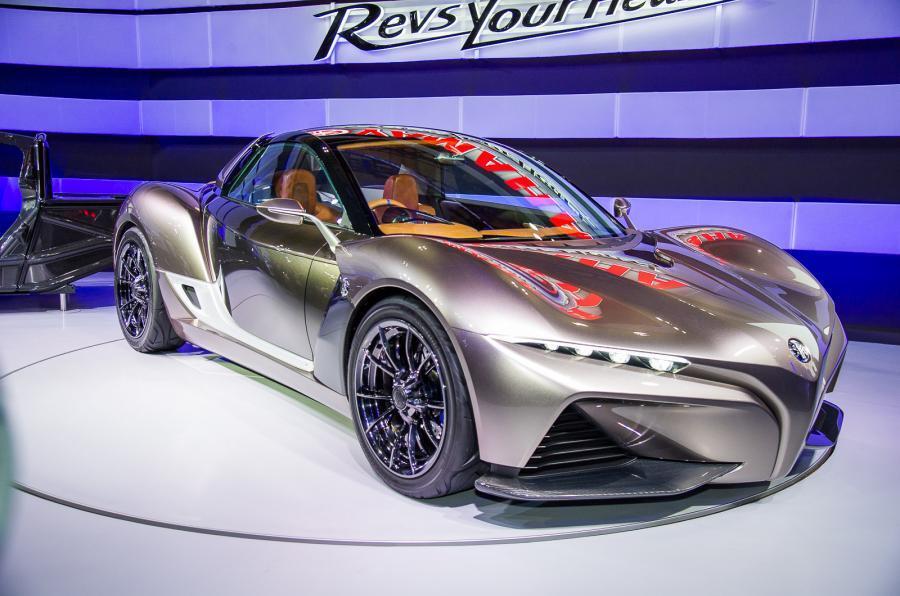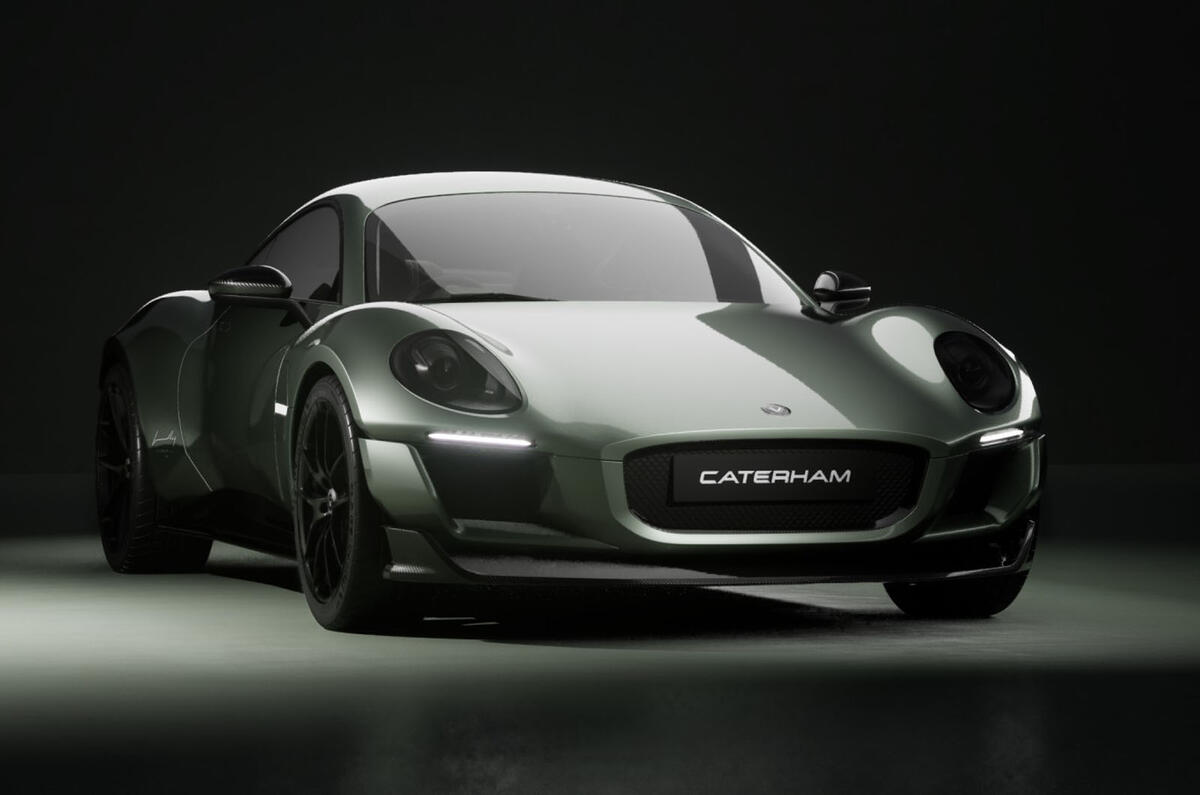Caterham's new Porsche 718 Cayman rival has edged closer to reality with the announcement that Yamaha will develop its electric powertrain - and the first prototype will be running in less than a year.
Caterham has today confirmed that the world's third-biggest motorbike manufacturer will equip the sub-£80k Project V sports coupé with a "cutting edge e-axle" and provide "its technology and expertise in vehicle motion control".
Just over a year after the Project V concept was revealed at the Goodwood Festival of Speed, Caterham is "moving to the next phase of its development", en route to putting a final product in showrooms in the coming years.
Details of its Yamaha powertrain have yet to be confirmed, but the concept was said to have a single motor giving 268bhp to the rear wheels for a sub-4.5sec 0-62mph time.
Yamaha is already developing motors for cars and describes them as "featuring industry-leading output density", courtesy of highly efficient conductors and learnings "garnered through our engine development efforts to date".
Notably, it has already installed a quartet of its 'Hyper EV' motors producing 268bhp apiece (matching the Project V concept) in Subaru's wild 1058bhp STI E-RA racer, which is targeting a Nürburgring lap time of just 6min 40sec.
Yamaha also recently signed up as a technical partner to the new Lola Formula E team, which will make its debut in the 11th season of the electric single-seater championship from December.
Caterham CEO Bob Laishley told Autocar that the decision to collaborate on the Project V was as much Yamaha's as it was his own: "As you can imagine, global companies like Yamaha do not make decisions without detailed discussion and consideration, our discussions with them for Project V have been maturing for quite a while. We are very honoured to be working with them and it is great news for the Caterham brand that we can make this announcement today.
"In terms of why Yamaha as opposed to other options, they have a long-proven record of supporting OEMs with technology and, through their two-wheel business, clearly understand the need for weight optimisation. In the end, the decision was a mutual one from both sides, rather than us specifically choosing them in a traditional supplier selection."
The Japanese giant has never put a road car into production itself, but in 2015 it revealed a compact sports car concept designed in partnership with Gordon Murray.
Dubbed the Sports Ride, this relatively realistic proposal for a lightweight two-seater was remarkably similar in size, shape and positioning to the Project V – although had it entered production, it would have used a tiny turbocharged petrol engine.









Join the debate
Add your comment
Sounds like it's going to make the MG Cyberster seem very affordable.
There seems to be British cars being designed here but built elsewhere,not in the UK.